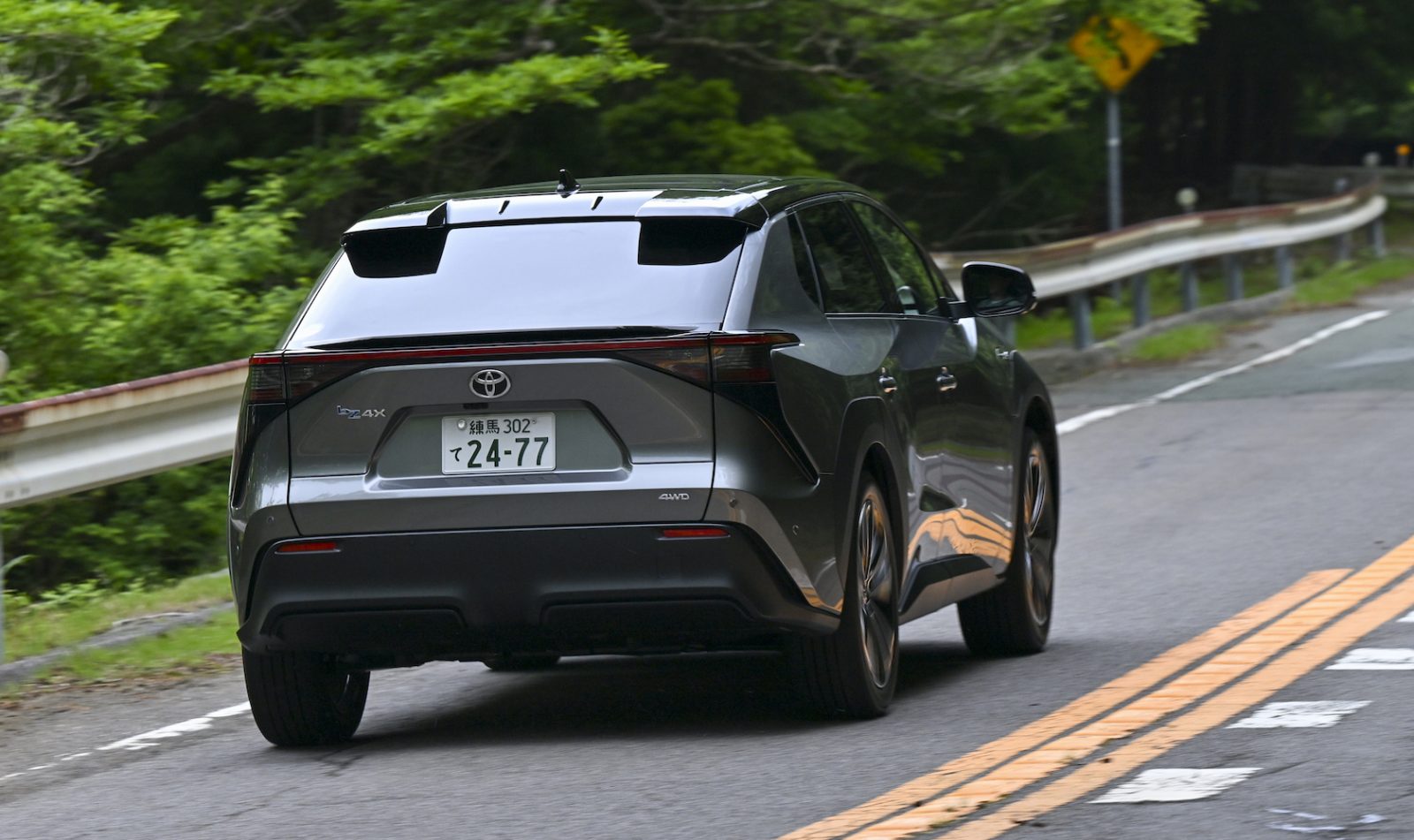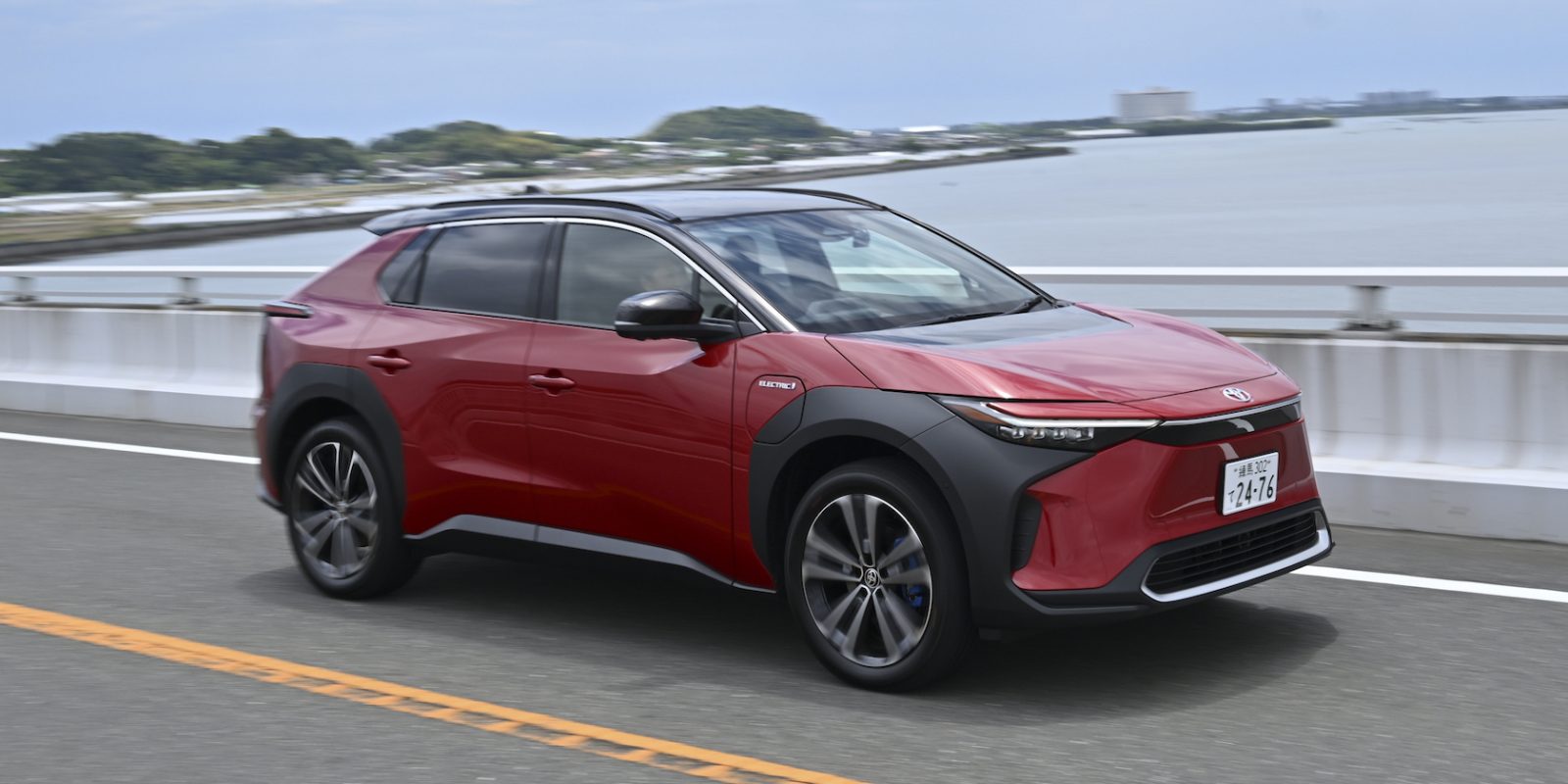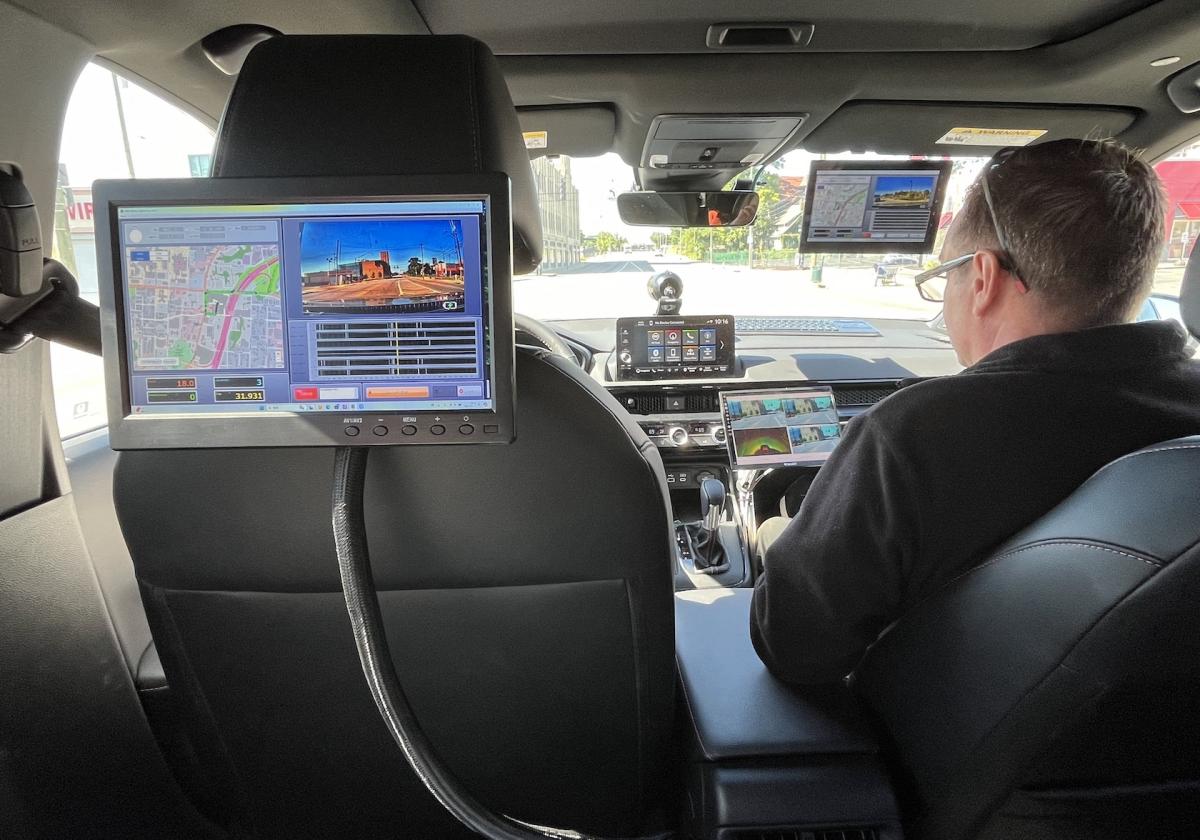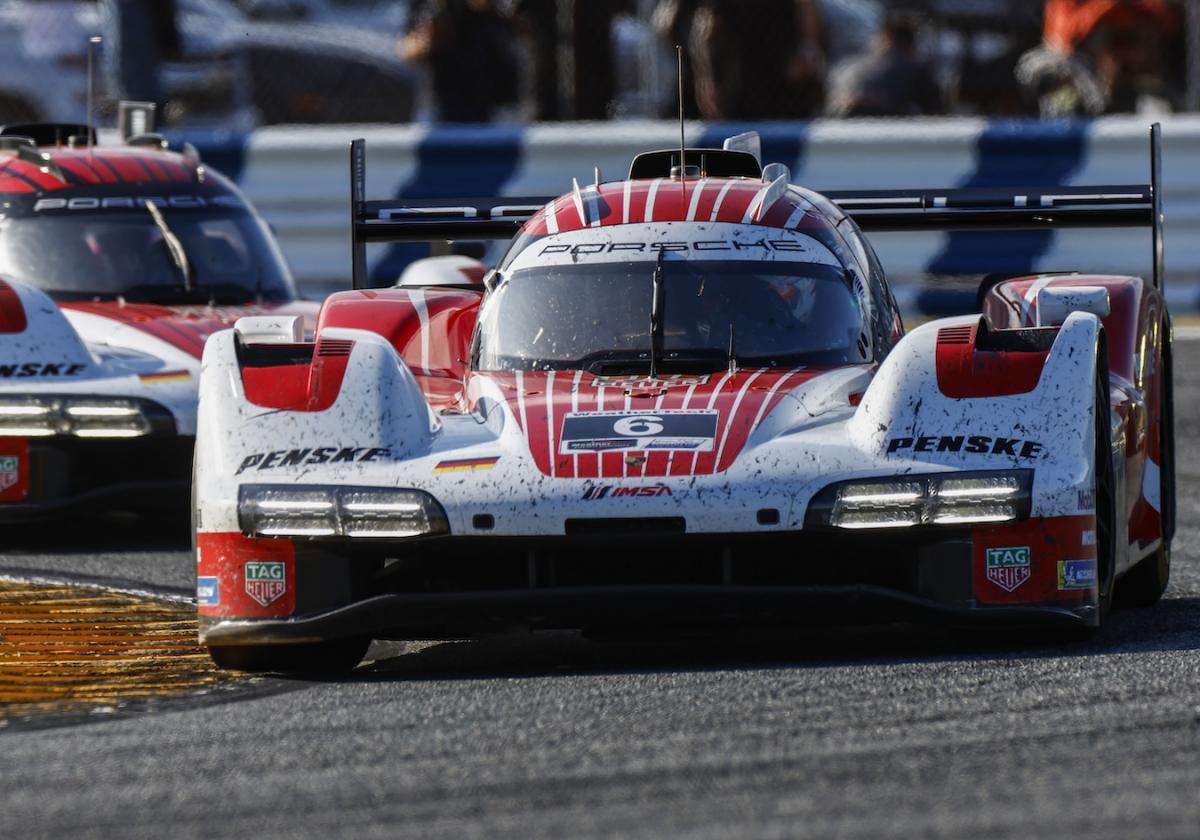A Thai government spokesman said on Christmas Day that major Japanese carmakers plan to invest 150 billion baht ($4.34 billion) or RM20 billion in Thailand over the next five years in order to facilitate the country’s transition to producing electric vehicles.
According to spokeswoman Chai Wacharoke, Toyota, Honda, and Isuzu will each contribute roughly 50 billion baht, while Mitsubishi Motors will invest 20 billion baht. According to one source, the investments will go toward the development of electric pickup trucks.

The important announcement came after Srettha Thavisin, the prime minister of Thailand, returned from her trip to Japan last week.
It goes without say thing that the biggest car manufacturer and exporter in the region is also the second-biggest economy in Southeast Asia. For many years, Japanese automakers have dominated the Thai auto industry, but recently however, Chinese electric vehicle manufacturers have made significant investments.
According to Chai, the government’s policy of switching from combustion engine vehicles to electric vehicles will be supported by the investment from Japanese carmakers.
According to the report, by 2030, Thailand wants to convert around one-third of its 2.5 million annual car production to electric vehicles (EVs). To this end, the country is putting together incentives to promote further investment in and conversion to EV manufacturing.
OUR THOUGHTS
Thailand’s tax breaks and subsidies have already attracted a number of Chinese carmakers, such as Great Wall Motor and BYD, who have pledged to invest $1.44 billion in new production facilities in the nation. This month, Srettha showed executives from Tesla several industrial estates in Thailand for potential investment. With this level of investment and vision from Japan and China’s mega car industries, Thailand, and neighbouring countries such as Malaysia and Indonesia, should see a significant boost in EV production and sales over the next decade.







